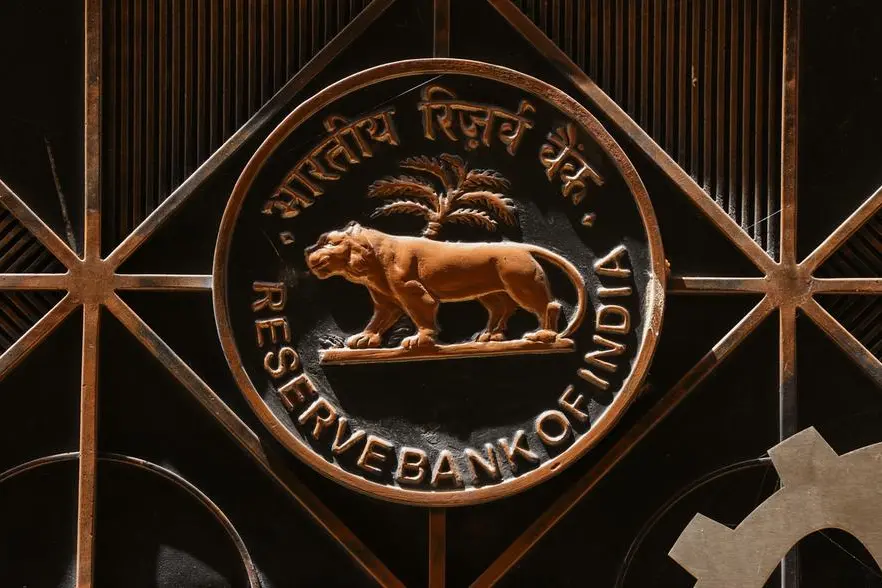PHOTO
India's overnight market rates continue to trend above the Reserve Bank of India's (RBI) repo rate as banks borrow funds to meet reserve needs and fund tax outflows when the bulk of the liquidity surplus remains locked with the central bank, traders and analysts said.
"Though liquidity is in surplus, it is mainly the case of a few banks that are short of funds and are borrowing at higher rates from the call market, which is collateral-free money," said Madan Sabnavis, chief economist with Bank of Baroda.
The current reporting fortnight ends on Friday, and banks are scrambling to borrow funds to maintain the mandatory reserve requirements, traders said.
"Barring the top four to five large state-run banks and a couple of private banks, most banks are on the borrowing side, which is pushing up overnight rates consistently," a trader with a mid-sized state-run bank said.
The weighted average interbank call money rate has stayed above RBI's repo rate for the third consecutive day, breaching the Marginal Standing Facility rate on Thursday.
Meanwhile, the TREPS rate also edged over the repo rate as mutual funds limited their lending. The repo rate was at 6.50%, while the MSF rate stood at 6.75%.
The rise in rates comes despite the banking system liquidity surplus staying comfortable, though the bulk of the funds are parked with the RBI.
The banking system's liquidity surplus stayed around 1.8 trillion rupees ($21.91 billion) over the last few days. Meanwhile, about 1.24 trillion rupees were parked with the central bank under the variable rate reverse repo that will mature on Friday.
"Even as we have a surplus situation, mutual funds are not keen to lend much below 6.50%, which is also pushing the TREPS rate higher," said VRC Reddy, treasury head of Karur Vysya Bank.
Market participants expect overnight rates to ease in the near term when the funds parked in VRRR come back into the system, and the month-end state spending picks up pace.
"Higher overnight rates will not be sustainable and it should come down going ahead," Bank of Baroda's Sabnavis added.
Still, traders anticipate the central bank to continue rolling over the VRRR auctions, unwilling to let higher liquidity surplus linger in the system for long. Market participants expect liquidity to turn into a deficit in the coming months.
($1 = 82.1625 Indian rupees) (Reporting by Dharamraj Dhutia; Editing by Dhanya Ann Thoppil)





















